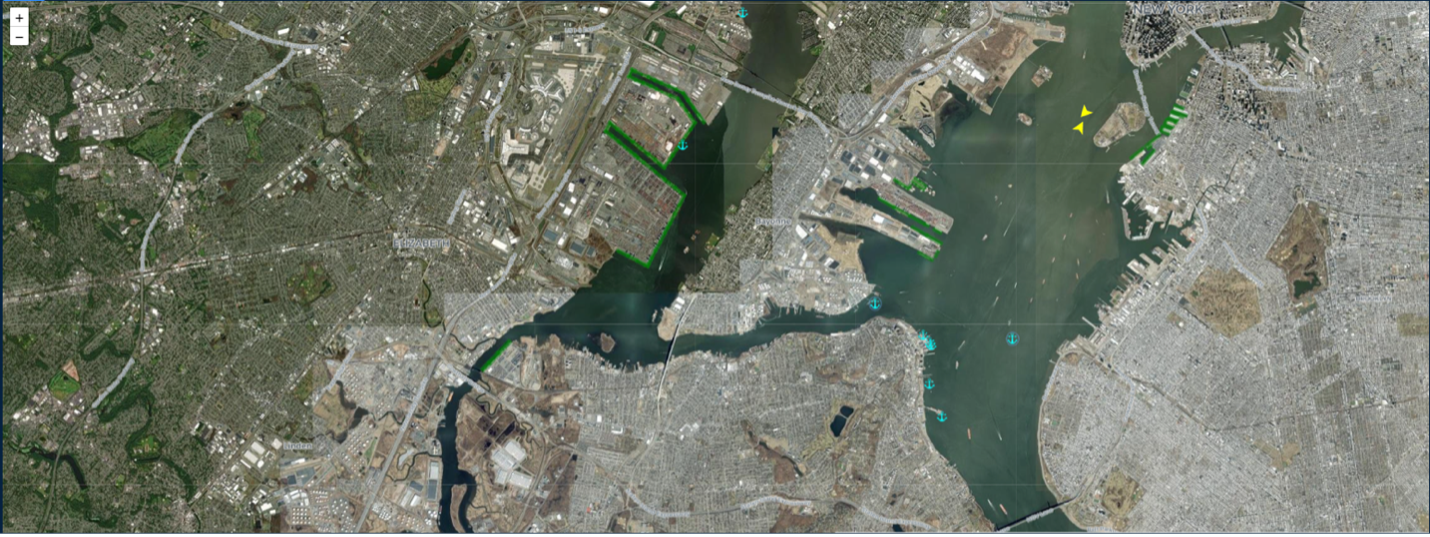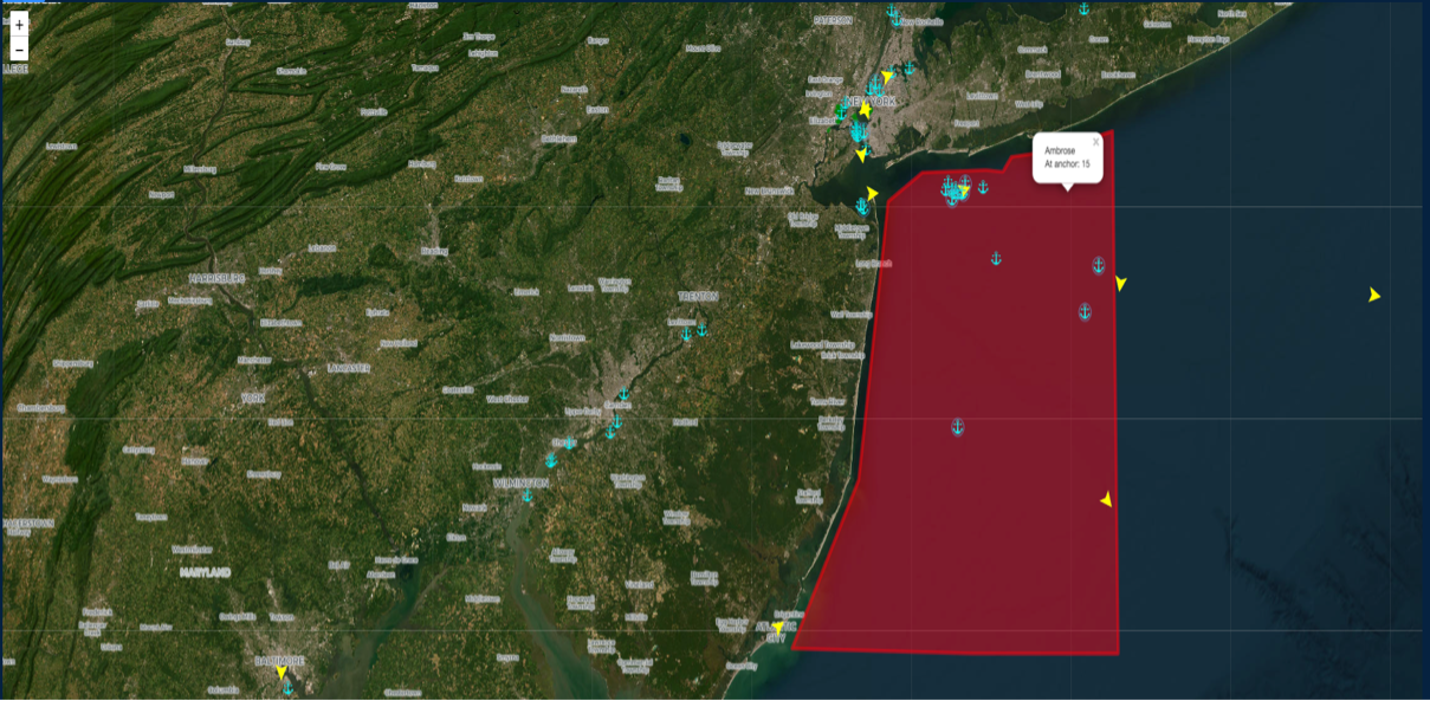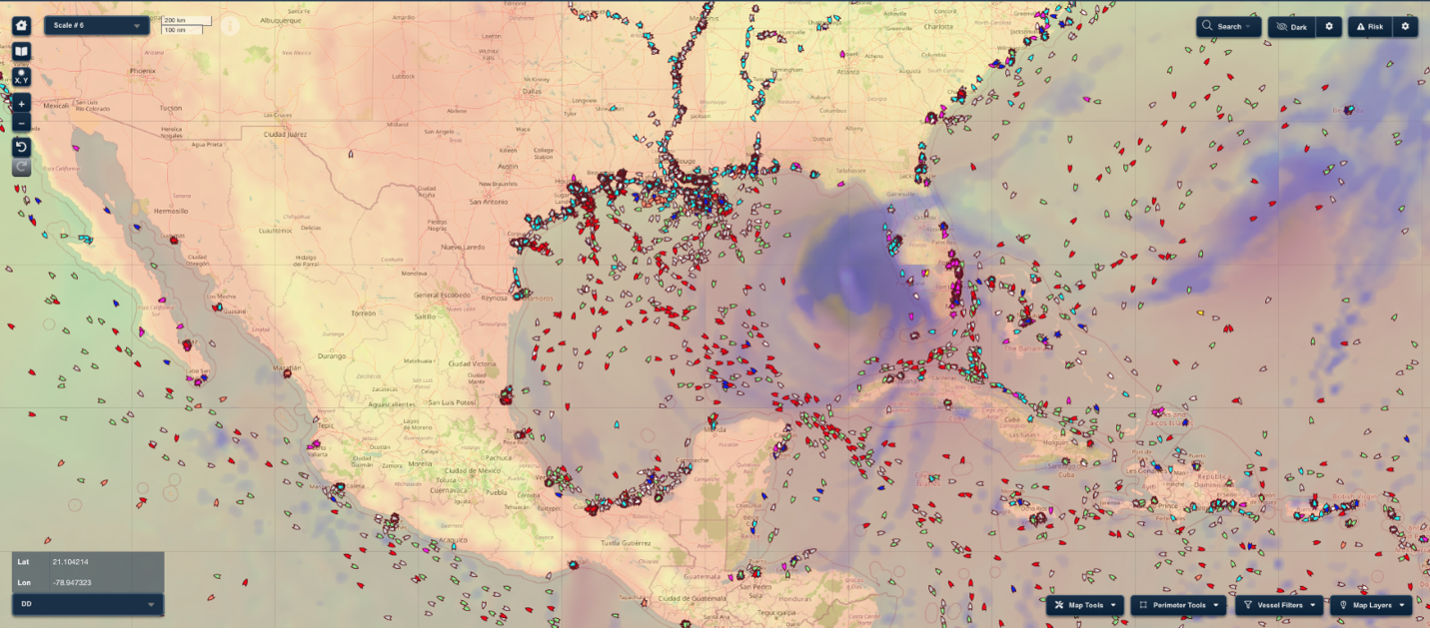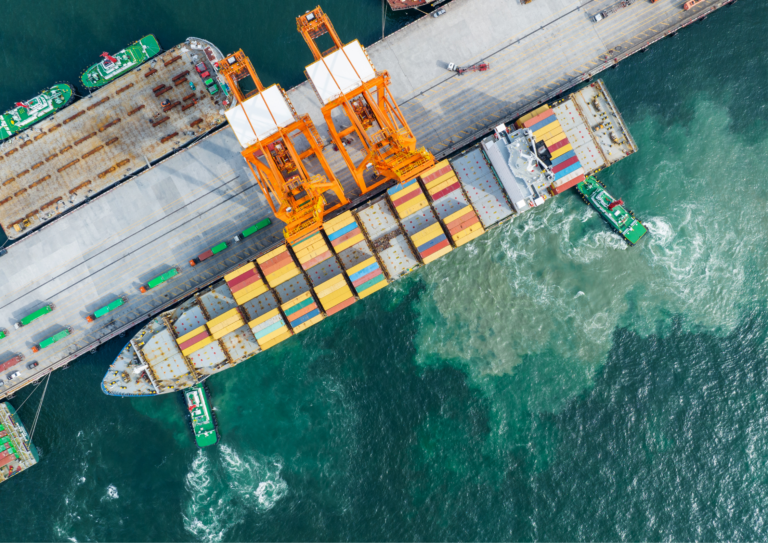Global trade relies heavily on maritime transport; it’s the backbone of international commerce. With increasing global demands, ensuring efficiency in this sector is not just beneficial—it’s essential. Recent events, such as the US East and Gulf Coast port strikes, highlight the need for robust solutions to mitigate disruptions and maintain smooth operations.
The Role of AI in Maritime Operations
Artificial Intelligence (AI) stands at the forefront of revolutionizing maritime operations. By integrating AI into solutions, we can transform the approach from navigation to supply chain management. AI ML processing and analysis enable vast amounts of data to be transformed into real-time insights, which is a game-changer for the industry.
Enhanced Situational Awareness
OCIANA® leverages advanced AI ML algorithms to sift through vast datasets from multiple, diverse sources. This enhanced situational awareness allows operators to monitor vessel movements meticulously and respond proactively to potential disruptions or inefficiencies. For instance, during a port strike, OCIANA® can provide real-time updates on vessel positions and port performance, helping operators make informed decisions. Take for example, the US East and Gulf Coast port strikes which by its second day had already resulted in significant congestion at the Port of New York New Jersey. With 15 ships anchored and waiting to berth while the docks remain empty, this level of backlog had not been seen since the COVID-19 pandemic.


OCIANA’s enhanced situational awareness capabilities can help mitigate the effects of such situations. OCIANA’s capabilities facilitate fleet operators, charterers and commodity owners to make informed decisions, such as rerouting ships to less congested ports or advising them to slow down their approach speeds. These proactive measures can help reduce congestion, minimize delays and optimize overall port operations. Additionally, optimising the supply chain and ensuring goods reach customers in a timely manner is crucial. OCIANA’s capabilities ensure that even amidst such unprecedented stagnation, maritime logistics can be managed efficiently, keeping the supply chain resilient and goods flowing to their destinations.
As Hurricane Milton, a powerful Category 5 storm approaches Florida, OCIANA® is invaluable, enabling real-time tracking of its path and intensity. This information is essential for maritime operators enabling them to take necessary precautions and make swift decisions to ensure the safety of their vessels and port infrastructure.
Vessel Navigation & Safety
In response to Hurricane Milton, many vessels have altered their courses to avoid the storm’s destructive path. OCIANA’s real-time updates enable operators to reroute ships effectively, ensuring they steer clear of danger. This proactive approach helps prevent potential damage and ensures the safety of both the crew and cargo.
Managing Delays with OCIANA’s ETA Prediction
With vessels rerouting to avoid Hurricane Milton, delays are inevitable. However, OCIANA’s ETA prediction feature can prove beneficial to users. OCIANA® can dynamically update the estimated time of arrival (ETA) for vessels, providing accurate and timely information. These insights allow for better planning and resource allocation, minimizing the impact of delays.

OCIANA’s AI ML platform not only enhances situational awareness and safety during extreme weather events but also ensures efficient management of maritime logistics, keeping global trade flowing smoothly.
Learn more today: sales@gsts.ca


